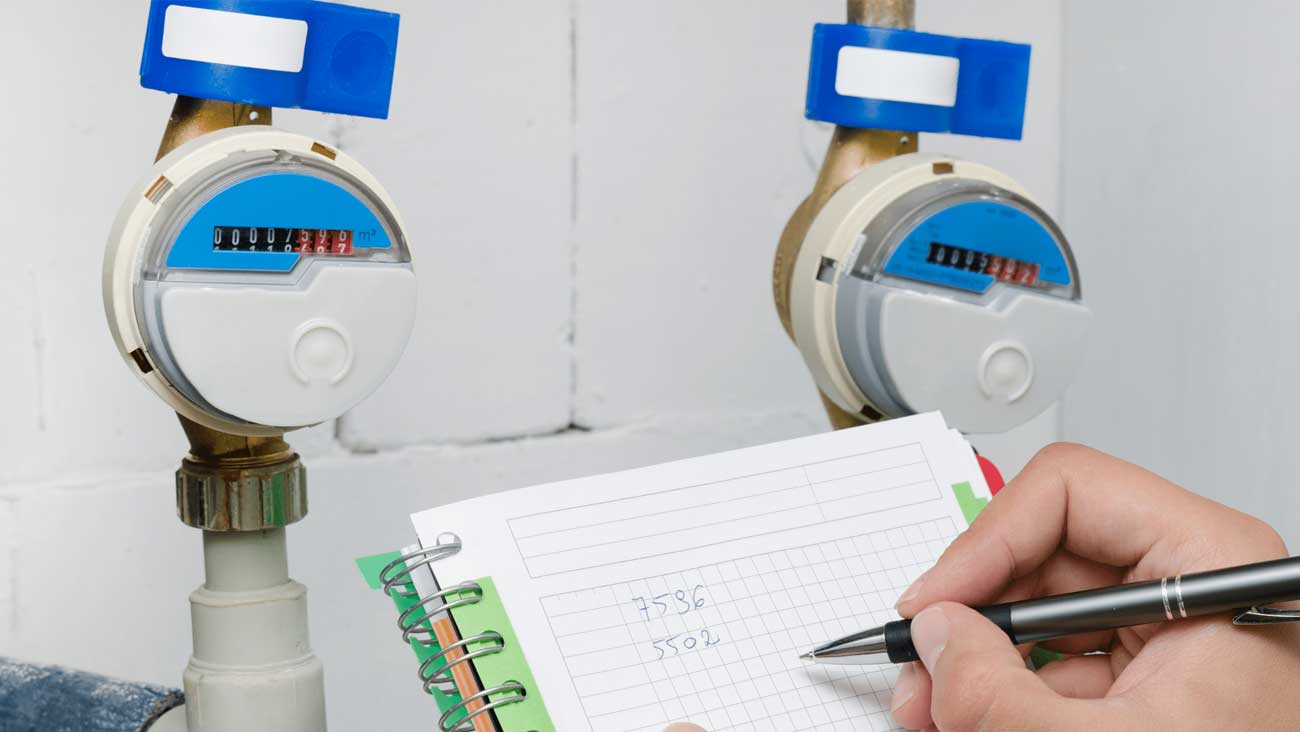
Ofwat is the Water Services Regulatory Authority – a regulator of the water and wastewater industries in England and Wales. In brief, its role is to ensure water and sewerage companies meet their legal duties and provide reliable services, efficiently and fairly.
But how did Ofwat come about, and what does the evolution of water regulation in the UK look like over the years?
Let’s explore its journey, looking at progress, challenges and the impact it has on today’s water policies.
The beginning: why was Ofwat created?
In 1989, privatisation of water and sewerage authorities meant there needed to be a strict regulatory oversight to ensure water services were delivered fairly and efficiently, and to prevent companies from becoming exploitive in their offerings.
Enter Ofwat!
The major shift to allow private companies to operate the system came from the desire to bring greater efficiencies into the system.

In the early days
From day one, Ofwat’s main focus was to provide regulation for both the cost of water, as well as the standard of service. Its purpose was to ensure that consumers weren’t being overcharged, while enabling companies to invest in improving water supply systems and wastewater management. It’s fair to say that the early years were a bit of a balancing act for these newly privatised companies as they adapted to a profit-driven market.
One of the regulator’s key tools was the introduction of price reviews, which set limits on the amount that water companies were allowed to charge their customers by law. These price reviews not only resulted in keeping costs fair for customers, they also encouraged companies to do better in reducing waste and make better investments in infrastructure.
The evolution of change and responsibility
As the years went by, issues such as population growth and climate change landed the water industry with new challenges – which shaped Ofwat’s role along with them! Greater pressure was placed on water resources and infrastructure, and it was in response to this that Ofwat began to expand its efforts, diverting attention to sustainability and innovation.
A little further down the line, in 2008, the ‘Waste Framework Directive’ was introduced to protect both the environment and human health from hazardous substances during the processing of waste. Ofwat played a crucial role in ensuring companies in the UK complied and upheld the framework standards.
The modern era
In recent years, Ofwat shifted some focus from reactive measures to address more long-term challenges in the water industry, by being more proactive in its approach.
Ofwat’s 2019 price review saw water companies given stringent targets in a bid to reduce leakage, improve customer satisfaction, and enhance environmental protection. Companies were also required to provide extra support for vulnerable customers by implementing more affordable tariffs, for example.
In 2023, in order to help the water sector to meet both the needs of customers and the environment, Ofwat launched an ambitious innovation fund worth £200 million. This initiative supports projects such as climate resilience and reducing environmental impact to help tackle industry challenges.
Why does Ofwat matter to businesses?
For businesses, Ofwat’s regulatory oversight ensures that water services are reliable, transparent, and priced fairly – this is especially important for those companies that rely heavily on water. The regulation helps keep costs fair and manageable while promoting efficiency and innovation.

Contact Everflow today!
At Everflow, our goal is to make your utilities simpler – we ensure you get great-value contracts that are tailored to your needs and easy to manage. Get a bespoke quote using the link below.


